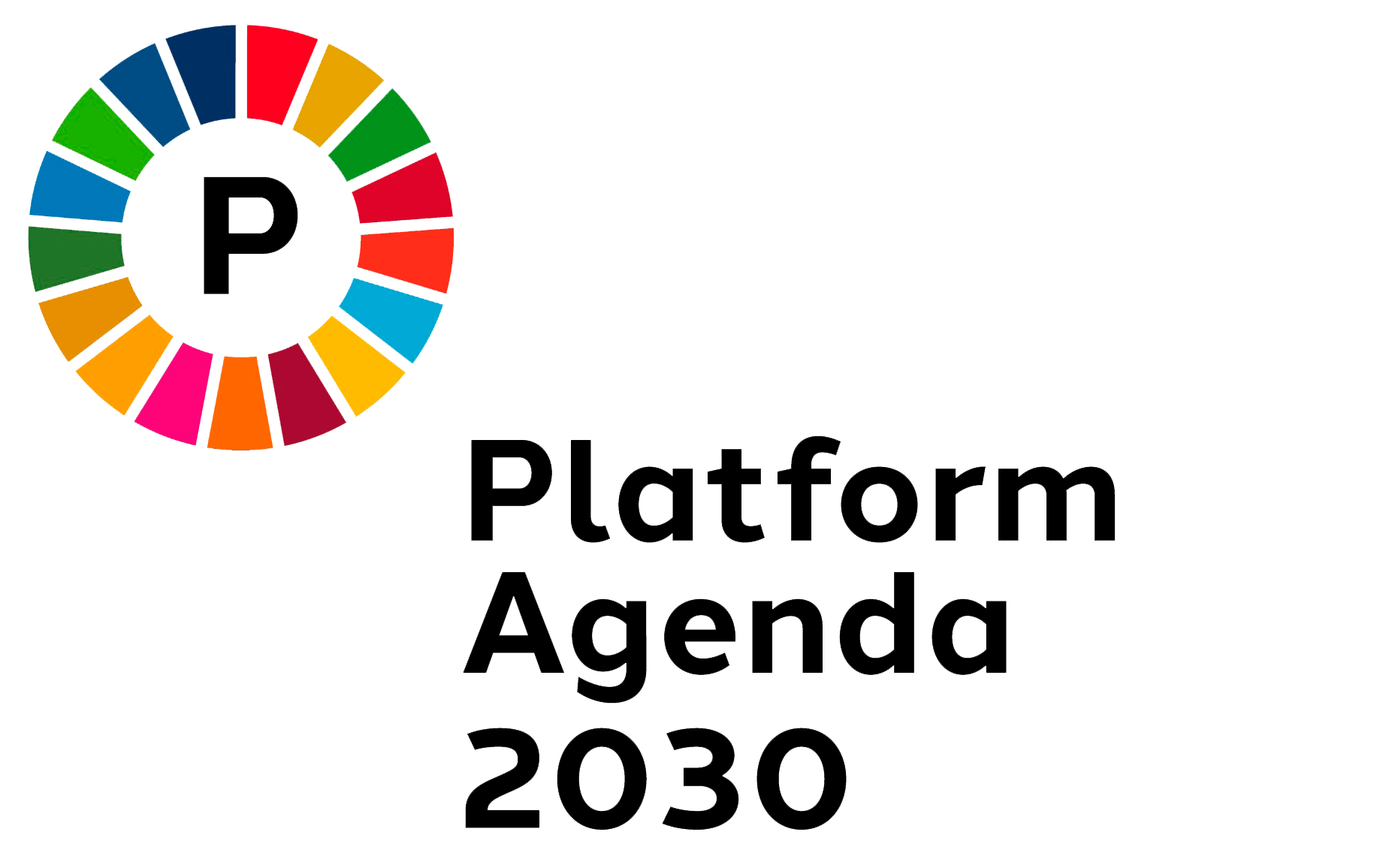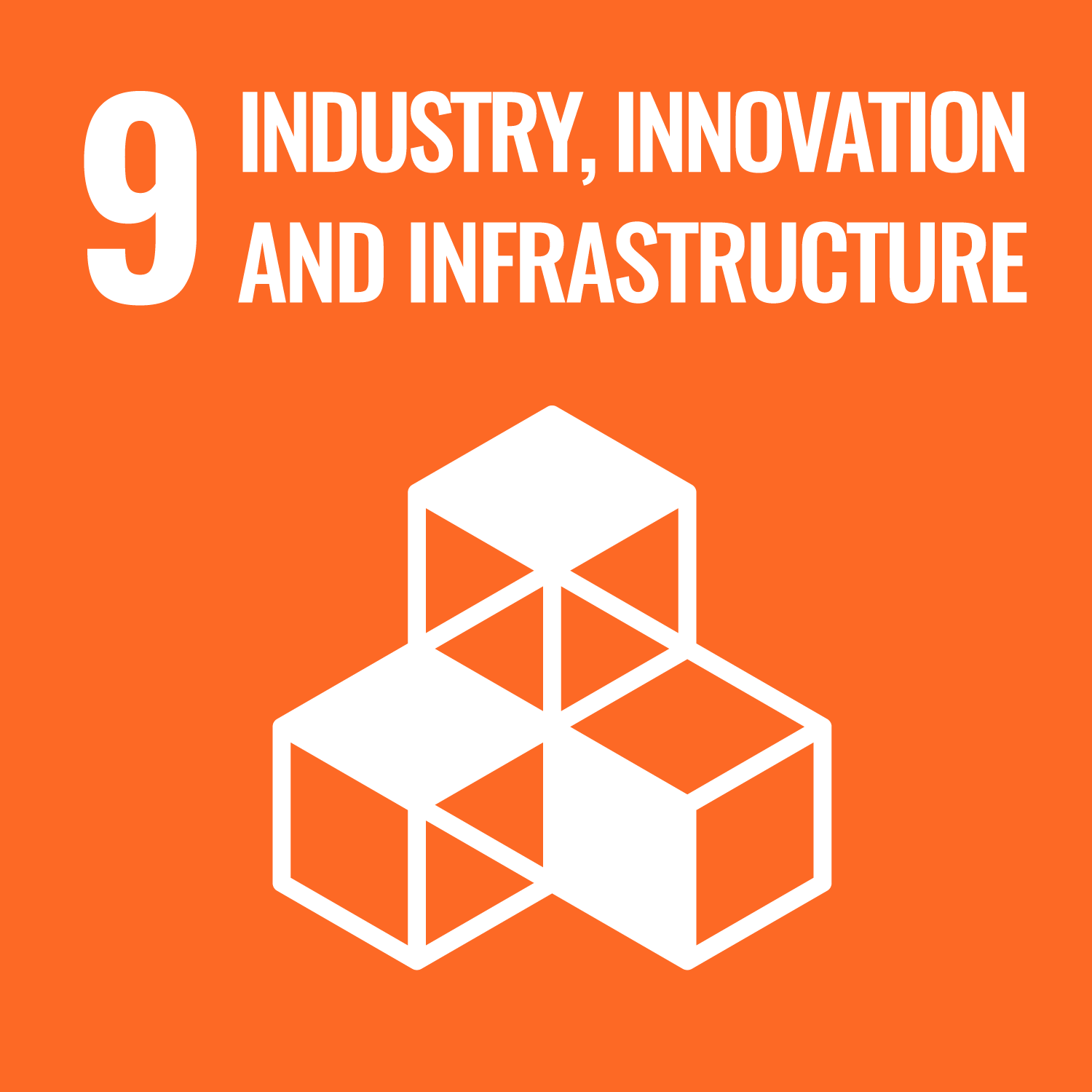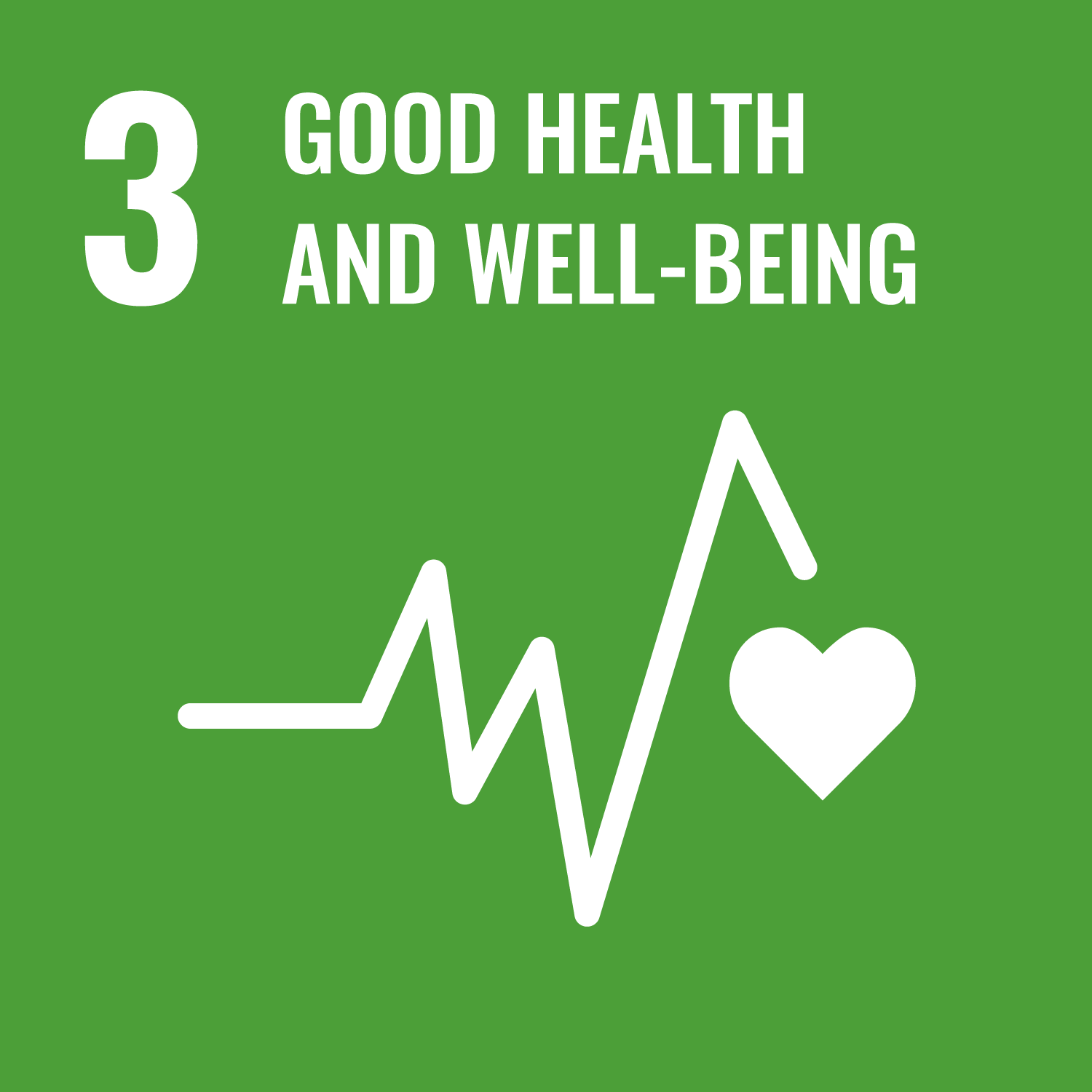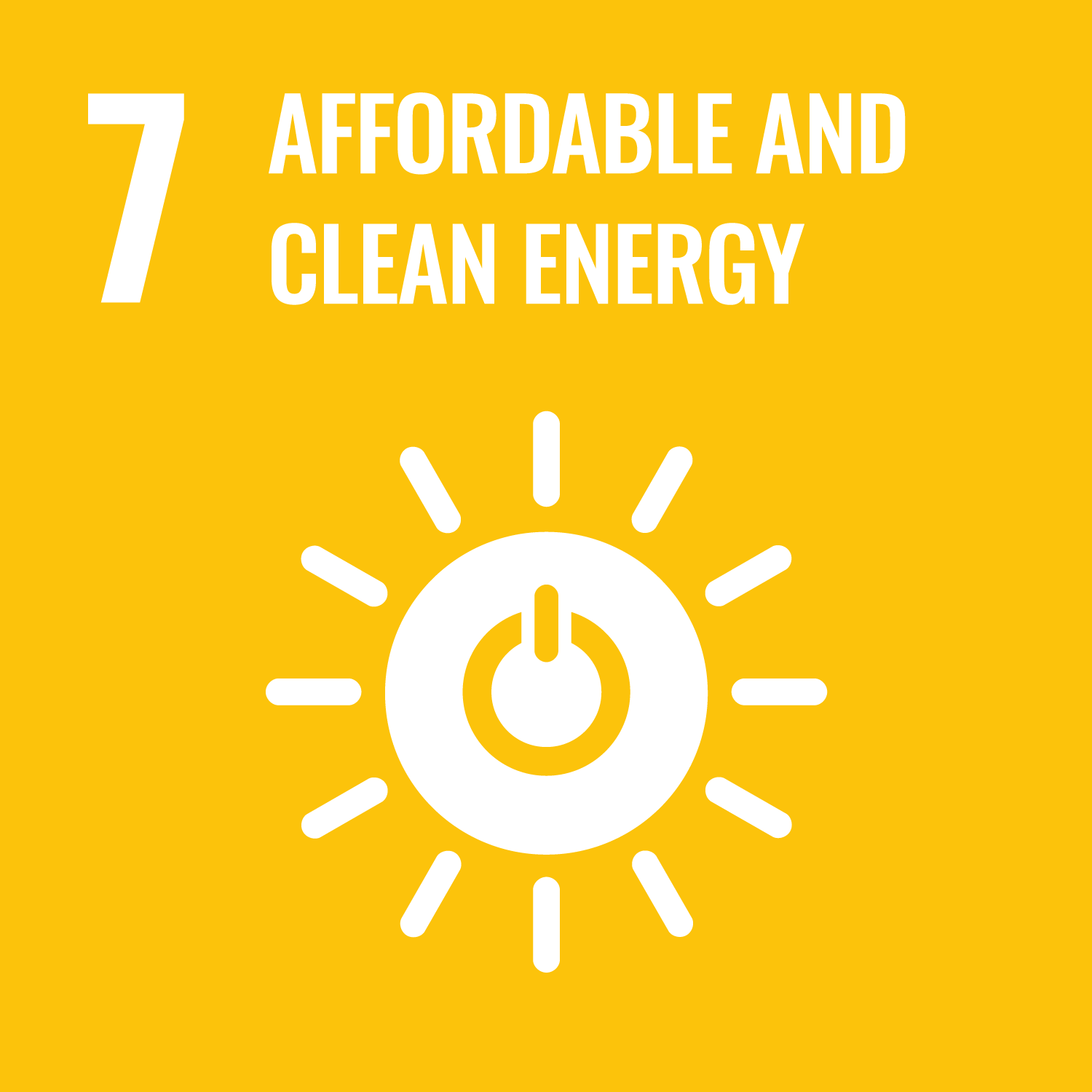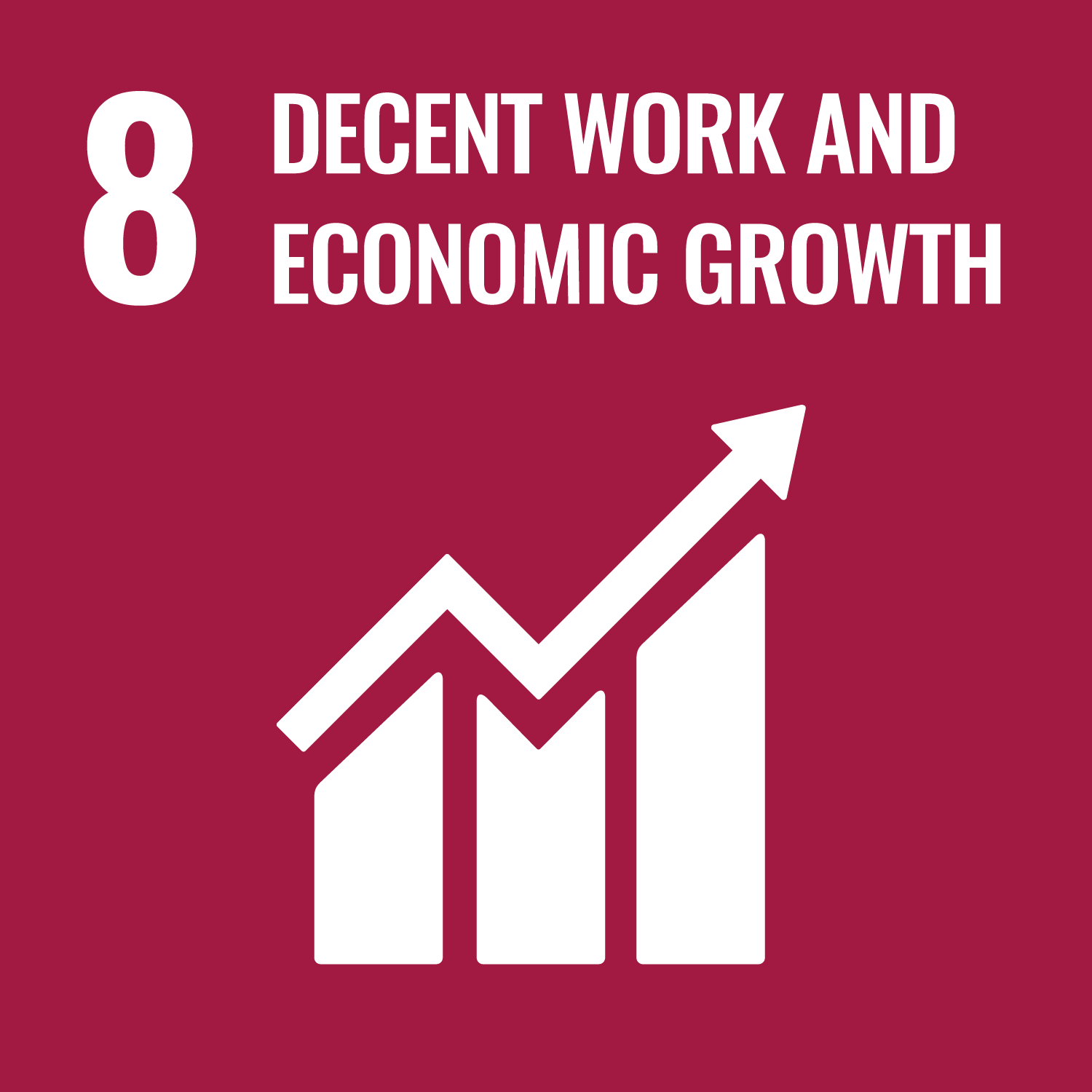Sustainable infrastructure is built on human rights
Upon its accession to the UN Convention on the Rights of Persons with Disabilities (CRPD) Switzerland undertook to guarantee people with disabilities access, on an equal basis with others, to the physical environment, to transportation, and to information and communications (Article 9). The federal Disability Discrimination Act (DDA) is intended to create general conditions that make it easier for people with disabilities to participate in society and to cultivate social contacts independently. It is too narrow in scope, however. The provisions on barrier-free and accessible buildings and structures for all apply only to newbuilds and renovations, and in the case of residential buildings only to those of a certain size or larger. Access to existing buildings is not covered by the law.
Access to public transport, and thus to self-determined mobility is the only area in which the DDA sets a clear deadline. Accessibility must be assured by the end of 2023. There are already signs that this target will be missed by some margin.
Greater collaboration at the European level will further exacerbate the situation where train travel is concerned. The Federal Council is adopting EU directives that do not guarantee the independence of people with disabilities. There are also plans for EU authorities increasingly to authorise Swiss rolling stock. This will make it impossible for organisations for the disabled to exercise their right to lodge a complaint. The importance of this right as part of the system of checks and balances was most recently demonstrated in proceedings concerning the SBB’s double-deck trains.
Internationally, many countries need to expand their infrastructures in terms of energy, adaptation to climate change, and for transport. This has repeatedly resulted in violations of human rights in both the past and the present, however. The Amazon is one example. The Brazilian government is planning to build huge dams and dozens of small hydroelectric power plants. In doing so it will flood more than 78,000 hectares of land, some of which is currently protected for the country’s Indigenous communities. Railways and waterways are also being extended right across the Amazon region to get soya and other commodities to market fast. While such schemes will slash transport costs, they will dramatically accelerate the exploitation of the Amazon and its people. Indigenous communities’ right to a say in such megaprojects has been ignored, but if they go to court, they risk violent retribution. Brazilian courts regularly place the interests of the government and corporate sector above the rights of those who are affected. Meanwhile, banks and investors from Switzerland are investing billions in companies that have expressed an interest in realising these very projects. These investors include UBS, Credit Suisse and Zürcher Kantonalbank.
- The federal government, cantons and local authorities apply the UN Convention on the Rights of Persons with Disabilities in full.
- The federal government extends the scope of the federal Disability Discrimination Act. Where it can reasonably be achieved, all buildings and structures – not just newbuilds and renovations – must offer barrier-free access
- Switzerland promotes inclusive design for all. In its projects, it considers the needs of people with disabilities right from the start.
- The Federal Council ensures that the adoption of EU directives does not leverage out national standards for people with disabilities, or the right of their organisations to take legal action on their behalf.
- Switzerland draws up statutory minimum standards for investment in Switzerland and abroad relating to duties of care for people and the planet. This includes upholding the right of Indigenous peoples to be heard.
- Switzerland ratifies ILO Convention 169 and enacts the right of Indigenous peoples to free, prior and informed consent. It ensures that Swiss companies and investors respect this right.
In collaboration with Caroline Hess-Klein, Inclusion Handicap and Christoph Wiedmer, Society for Threatened Peoples.
Report as PDF
- UN Committee on the Rights of Persons with Disabilities: Concluding observations on the initial report of Switzerland. 13 April 2022. CRPD/C/CHE/CO/1.
- Society for Threatened Peoples: Voices from Tapajós: Indigenous views on planned infrastructure projects. September 2021.
